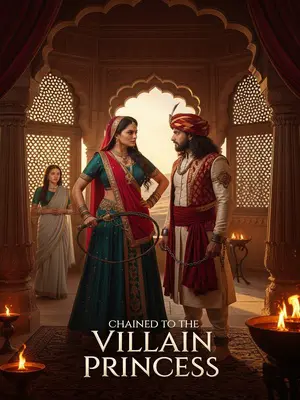Chapter 2: The Long March
The road from Uttar Pradesh to the front lines stretched endlessly. Your chappals wore thin, your feet blistered on the baked earth. The sun beat down like a curse, sometimes replaced by blinding storms or relentless rain. Out of eighty-seven in your group—boys and men from Allahabad, Faizabad, Kanpur—only twelve survived by journey’s end. At night, you huddled under a torn tarpaulin, listening to jackals howl and your own stomach complain.
You survived because of a big fellow. He was different: shoulders like a wrestler from the akhara, voice booming like a temple bell. He said he was educated, spoke proper Hindi and a bit of English, and claimed he'd volunteered for the army—though no one believed him. Yet there he was, shackled with you, sweating and stumbling, cracking Awadhi jokes to keep everyone’s spirits alive. He’d say, “Arre, hum toh soch rahe the yahan biryani milegi, yeh toh sirf sookhi roti hai!” and everyone would laugh, even with empty stomachs.
The officer wanted to make him a clerk so he wouldn’t be chained with the rest, but the big fellow refused. He stood his ground, staring back with the stubbornness of a village bullock. He said, "Ab se hum sab bhai hai—ek saath jeeyenge, ek saath marenge. In angrezon se ladne chale hai, toh sab ek jaisi halat mein rahenge. Ya toh sab ko azadi milegi, ya sab saath jayenge." The other conscripts looked at him with new respect, some wiping tears when they thought no one was looking.
The officer cursed, but still chained him up with the rest. When food was distributed, the big fellow always managed to get an extra roti—sometimes with a smile, sometimes a joke, sometimes by sheer stubbornness. That extra roti was his small rebellion against the system.
He gave the extra roti to you. He’d wink and say, "Tu toh bilkul mere chhote bhai jaisa dikhta hai. Yeh le, khana kha le, varna kaise ladega?" You hesitated, shame pricking you, almost refusing. But your hunger won—Amma’s voice echoed in your head, "Don’t waste what you’re given, beta." The roti, warm and a little burnt, tasted better than any feast. You devoured it, feeling a little less alone, a little more hopeful.
He said his younger brother had been very sensible, but when he was five, he was killed by a British officer’s car in the cantonment. As he spoke, his eyes clouded with pain. He broke the roti in half, looking away and pretending to wipe sweat from his brow, hiding the tears that threatened. The story hung heavier than the humidity, and you understood that grief binds people together in strange, invisible ways.
You didn’t really understand everything, but you knew the roti was delicious—so fragrant. You chewed slowly, letting the taste linger, feeling oddly cared for amid so much harshness. For a moment, it reminded you of Amma’s rotis back home, slightly burnt at the corners, soft in the middle, with the scent of the tawa.


